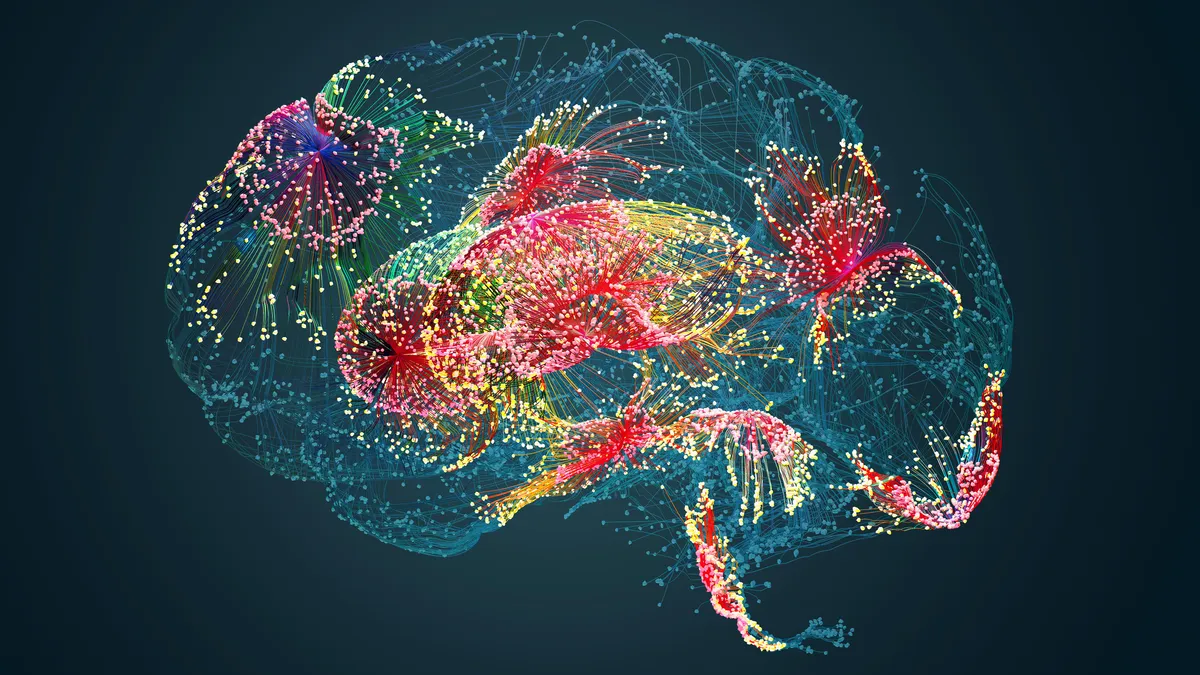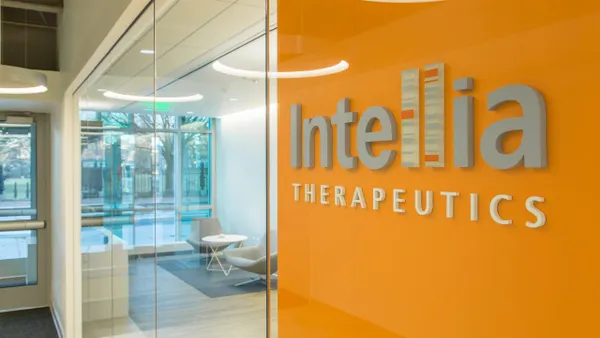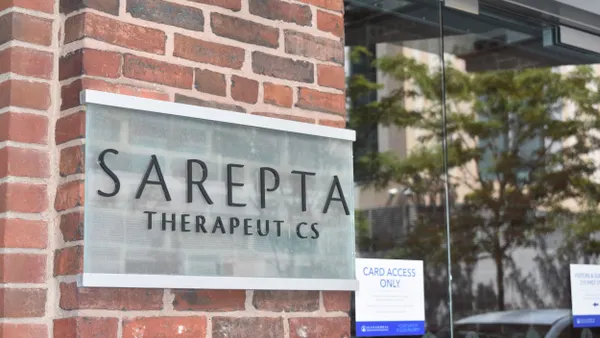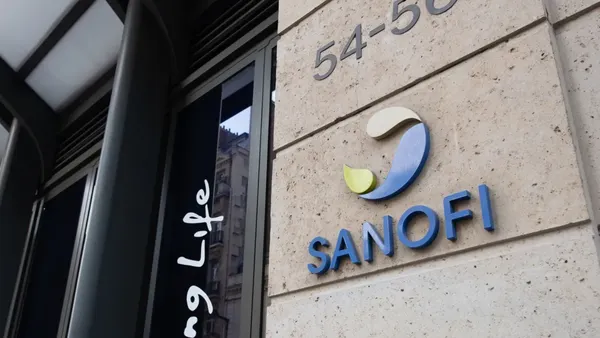Ionis Pharmaceuticals plans to push one of its rare disease drugs into late-stage testing now that a smaller trial has delivered positive results.
The trial focused on Angelman syndrome, an uncommon genetic disorder that causes severe functional and learning disabilities. It evaluated three doses of Ionis’ drug, known as ION582, across 51 participants. According to the company, the treatment was generally safe, well-tolerated by patients, and offered a “robust and consistent” benefit on communication, cognition and motor function.
Researchers used four scoring systems to measure the effects of ION582. On one, they determined that Angelman symptoms improved in 97% of the participants who were given a medium or high dose of the drug. On another, the improvements seen in cognition, communication and motor function exceeded those observed in so-called natural history studies, which include Angelman patients similar to those enrolled in the trial.
With these results in hand, Ionis intends to meet with drug regulators to discuss the design of a pivotal, Phase 3 trial that it hopes to begin in the first half of next year.
Shares of Ionis were up more than 4% Monday morning, to trade at just under $50 apiece. The stock has risen nearly 23% over the last year.
Ionis specializes in “antisense oligonucleotides,” a type of medicine that affects the genetic instructions the body uses to produce proteins. It has already brought five antisense therapies to market, including two developed through a longstanding collaboration with Biogen. Notably, Biogen recently opted against licensing ION582.
Ionis is now pitching ION582 as a promising addition to its arsenal of unpartnered products. The drug is now in a position to “be the cornerstone of Ionis' next wave of transformational, wholly owned medicines for neurological conditions,” CEO Brett Monia said in a statement.
According to estimates cited by Ionis, roughly 1 in every 21,000 people have Angelman syndrome. The disease occurs when a gene on the maternal chromosome stops functioning, which then impairs the expression of an important enzyme that tells the cell what proteins need to be broken down. Research suggests this enzyme is also vital in the development and function of the nervous system.
ION582 is meant to ramp up production of the enzyme by binding to RNA molecules that control the expression of the gene on the paternal chromosome. While that gene is normally turned off in the brain, Ionis’ drug is designed to “unsilence” it.
In a note to clients, William Blair analyst Myles Minter wrote that the newly released data are a "clear positive" for Ionis. The company's Phase 3 plans also put it not far off from Ultragenyx Pharmaceutical, which is working on a rival therapy that could enter late-stage testing this year.
"While slightly behind a peer program from Ultragenyx, Ionis has largely closed the development timeline gap and could be differentiated from a safety perspective, making ION582 an attractive asset for future growth given lack of approved therapies for the indication currently," Minter wrote.
The company said more detailed results from its study will be presented at a conference on Wednesday.













